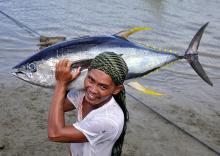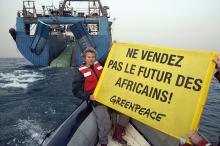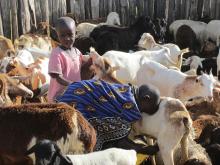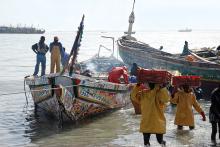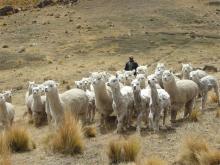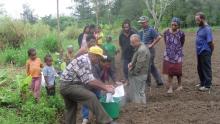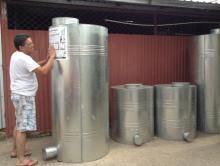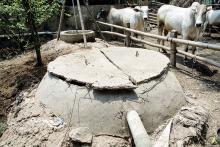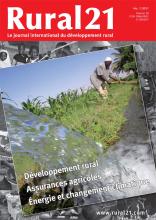Land Library
Bienvenue dans la bibliothèque du Land Portal. Explorez notre vaste collection de ressources en libre accès (plus de 74 000), comprenant des rapports, des articles scientifiques, des articles de recherche, des publications évaluées par des pairs, des documents juridiques, des vidéos et bien plus encore.
/ library resources
Showing items 1 through 9 of 10.For a long time, the agricultural policies of the Mercosur states ignored family farming, focusing on promoting individual crops and export production instead. Rural development was not on the agenda. Only after the turn of the millennium did a process of rethinking set in.
Agricultural development has moved up the agenda. Today it has not only to reduce poverty and hunger, but also become environmentally sustainable and climate smart. Disputes over agricultural policies are highly visible, but consensus exists on fundamentals for growth.
The basic role for agricultural policies consists of providing the core investments and services that farmers need to develop their operations into viable farm businesses.
Policy-makers often lack information and analytical capacity to effectively monitor how policies impact on different stakeholders. The MAFAP initiative of the Food and Agriculture Organization seeks to bridge this gap.
The changes in global agricultural markets over the past decade have major implications on agricultural policy. What are the challenges and opportunities for development-oriented agricultural policy-making?
Many a dogma produced by agricultural policies over the past decades has proved disastrous for African agriculture.
Initially hailed a huge success, Malawi’s effort to boost agriculture with fertiliser subsidies appears to have met with failure. The author has a look at what went wrong, arguing that developments must be assessed against the backdrop of politics.
Last year Angola earned 48 billion US dollars from petroleum. Yet the country that was once Africa’s largest agricultural producer is reduced to importing food. Now the government and private investors want to develop the agricultural sector, in the hope that Angola could become a new Brazil.
Le PDDAA est un plan ambitieux de la Communauté des États africains, qui vise à revitaliser la politique agricole du continent et à faire de l'agriculture un instrument essentiel de croissance économique et de réduction de la pauvreté et de la faim.

